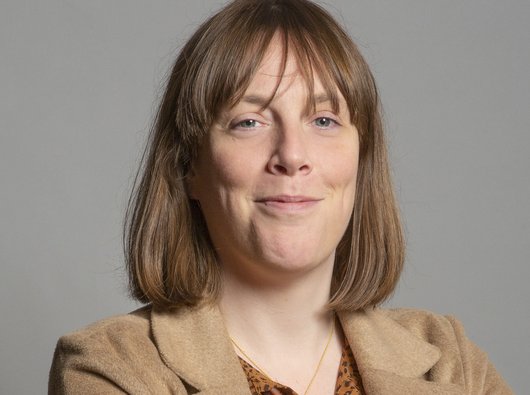Because blood cancer doesn't get enough political focus
78% of people with blood cancer describe blood cancer as a hidden cancer. Paul shares his personal experience.
The UK's third biggest cancer killer
Blood cancer is the UK’s third biggest cancer killer, but despite all the research breakthroughs that have happened over the last few years, there is a postcode lottery for survival rates, and the UK overall survival rate lags behind those of other high-income countries.
However, while great progress in developing treatments over the last few decades has been made, too many people are still dying, and blood cancer does not receive the same level of political focus as other common cancers.
The NHS Long Term Plan
For example, the NHS Long Term Plan does not consider the NHS blood cancer workforce, because people with blood cancer are often treated in haematology wards rather than oncology wards (despite 89% of healthcare professionals agreeing it should be included).
Furthermore, as many blood cancers cannot be staged, it falls outside of staging and diagnosis targets, and the data for blood cancer in the national cancer registry is much patchier than for other types of cancer (despite 73% of healthcare professionals agreeing the cancer data dashboard should report at the blood cancer level, rather than splitting things out into different diagnoses).
One of the reasons for this is that leukaemia, lymphoma, myeloma, MDS and MPN are often seen as separate diseases (which isn't the case for sub-types of other cancers), so it often does not feature highly among the list of the most common cancers.
An invisible impact
This means the real impact of blood cancer is hidden by the way the statistics are reported. This is one of the reasons that while blood cancer leads to more deaths than breast cancer or prostate cancer, it does not get the same level of attention. We believe this is why 78% of people with blood cancer think it is a hidden cancer, and 42% feel that they are invisible.
This lack of political focus is acting as a handbrake on progress towards improving services and reducing the number of avoidable deaths.
How will increasing political focus help?
Increased political focus will go a long way in ensuring people are diagnosed faster, and that they can access the support and services available to them. Right now, almost a third (31%) of people with blood cancer have to visit their GP three or more times before being diagnosed, and 58% of people with blood cancer are unaware of the support services available to them.
With 84% of our survey respondents (which included healthcare professionals and people affected by blood cancer) agreeing that blood cancer doesn’t get the same political focus as other cancers, it’s clear that something must change.
Jess Phillips MP, Chair of the All Party Parliamentary Group on Blood Cancer:
"My dad was diagnosed and now lives with a blood cancer, which is why I’m proud to use my platform as an MP to amplify the voices of the blood cancer community. But too few in Parliament understand that blood cancer is the fifth most common cancer and third biggest cancer killer in the UK. This has to change.”

If the Government and NHS leaders focus more on blood cancer, treatments and outcomes will improve.
During the COVID-19 pandemic, we’ve seen the transformative difference it can make when blood cancer is looked at as a whole. Everyone with blood cancer was considered part of the same group because they were all at higher risk from COVID-19, and we were able to successfully campaign to change the vaccine priority list to improve access to priority supermarket slots, and to improve roll-out of vaccines for the immunocompromised.
Speaking on behalf of everyone with blood cancer meant we had a much louder voice than if we had just been speaking on behalf of people with leukaemia, lymphoma, or myeloma. The same thing will happen if we’re able to group data about these conditions together as 'blood cancer' data.
By raising awareness of blood cancer as a common cancer, we can also raise awareness of the issue of deaths that could be avoided. This will put pressure on the Government and NHS to make the changes needed to ensure our survival rates don’t continue to lag behind other high-income countries.

